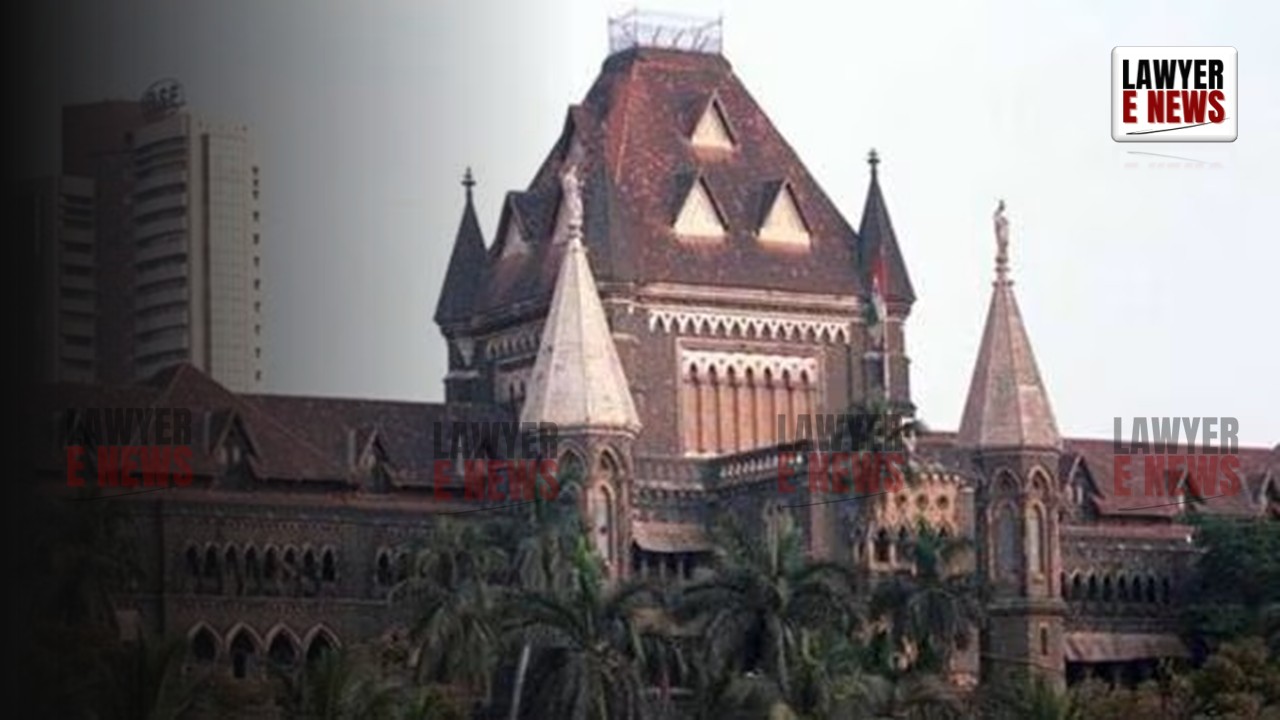-
by Admin
18 February 2026 3:03 AM



Additional Commissioner Has No Jurisdiction To Regularize Illegal Sale Under Section 50-B Of The Hyderabad Tenancy Act — Bombay High Court, Aurangabad Bench delivered a significant judgment dealing with the issue of alienation of protected tenancy lands without prior sanction under Section 50-B of the Hyderabad Tenancy and Agricultural Lands Act, 1950. Justice Manjusha Deshpande emphatically held that “no transfer of protected tenancy land can be regularized through post-facto permission,” thereby setting aside the orders of the Additional Commissioner and the Revenue Minister that had attempted to legitimize such a sale in favor of Maharashtra Hybrid Seeds Company Ltd.
The petitioners were successors of protected tenant Aniruddha Santaram Jadhav and were in possession of agricultural land admeasuring 6 Acres 31 Ares in Survey No. 164, Jalna. Despite the statutory restriction under Section 50-B, Aniruddha Santaram and other family members executed a sale deed in favor of Respondent No.5 — Maharashtra Hybrid Seeds Company — without obtaining the Collector's prior permission.
The Sub-Divisional Officer, in 1998, exercising powers under Section 257 of the Maharashtra Land Revenue Code, cancelled Mutation Entry No.2525 and restored the names of the protected tenants. Subsequently, Mutation Entry No.4408 was recorded in the petitioners' favor.
The company, however, succeeded before the Additional Commissioner in 2013, who restored Mutation Entry No.2525 and directed the Deputy Collector to regularize the transaction upon payment of Najarana. This was affirmed by the Revenue Minister in 2014 by holding that “since the sale took place through a registered deed, the rights of protected tenants stand extinguished.” Aggrieved, the petitioners invoked Article 227 of the Constitution.
The Court began by emphasizing that “Section 50-B(2) of the Hyderabad Tenancy and Agricultural Lands Act renders such transactions void where prior permission has not been obtained,” rejecting outright the permissibility of any post-facto approval.
Justice Deshpande referred to the 7/12 extracts and noted, “It is apparent that the land is owned by a protected tenant, and this fact was evident from the revenue records at the time of sale itself.” The Court disapproved of the company's plea of bona fide purchase, observing, “ignorance of law or the entries in the revenue record cannot justify evasion of statutory restrictions.”
Referring to the powers exercised by the Sub-Divisional Officer under Section 257, the Court rejected the argument of lack of jurisdiction by holding, “The Sub-Divisional Officer was expressly delegated powers by the Collector under Section 257 to conduct an inquiry and pass appropriate orders.” It further observed, “the Additional Commissioner exceeded his jurisdiction by granting post-facto sanction — a power he never possessed under the Hyderabad Tenancy Act.”
The Court categorically held that “Section 50-B does not contemplate any post-facto sanction. Any transaction made without prior permission is, by operation of law, invalid and cannot be validated subsequently.”
On the question of natural justice, the Court noted that “petitioners were not only necessary parties but their exclusion from the proceedings has deprived them of the opportunity to protect their legal rights.” The Court rejected the State's plea that the petitioners had no locus to challenge, remarking, “No order can be passed to the prejudice of petitioners without hearing them. The principle of audi alteram partem is the soul of natural justice.”
The Court decisively quashed the orders passed by both the Additional Commissioner and the Revenue Minister, holding, “The Additional Commissioner has usurped powers not vested in him by law and directed regularization of an inherently void transaction.” The Court found the Minister’s order equally flawed, observing, “The Minister has failed to appreciate that post-facto sanction is alien to the scheme of Section 50-B and has erroneously recorded that rights of the petitioners have extinguished merely because of execution of the registered sale deed.”
Relying on Saraswati Shamrao Dhere v. Khutub Babu Malani, the Court reaffirmed that “The requirement of obtaining previous sanction is mandatory and cannot be diluted by permitting postfacto regularization. Any such attempt would render Section 50-B(2) otiose.”
The Court further clarified, “The Additional Commissioner’s order suffers from manifest error by granting directions for regularization of the sale deed, which is the exclusive domain of the Collector under the said Act.” The Court made it abundantly clear that even pending applications for regularization before the competent authority would not validate the illegal transaction retrospectively.
On the procedural aspect, the Court also overruled the objection that the petitioners needed prior leave to file the appeal before the Revenue Minister, holding, “Section 249(2) of the Maharashtra Land Revenue Code itself provides for appeal against revision orders without imposing such a requirement.”
Ultimately, the Court ruled, “In view of the violation of mandatory statutory provisions, denial of opportunity to necessary parties, and exercise of power by an incompetent authority, both impugned orders are quashed.”
The Bombay High Court has once again reaffirmed the supremacy of statutory mandates over administrative or quasi-judicial convenience. The judgment decisively establishes that “Protected Tenancy Lands cannot be alienated without prior permission, and no authority can bypass this requirement by invoking post-facto regularization.” The decision will have far-reaching implications on tenancy law enforcement in Maharashtra, especially where protected tenants and their successors continue to face threats of unlawful dispossession under the guise of “regularization”.
Date of Decision: 28 March 2025
